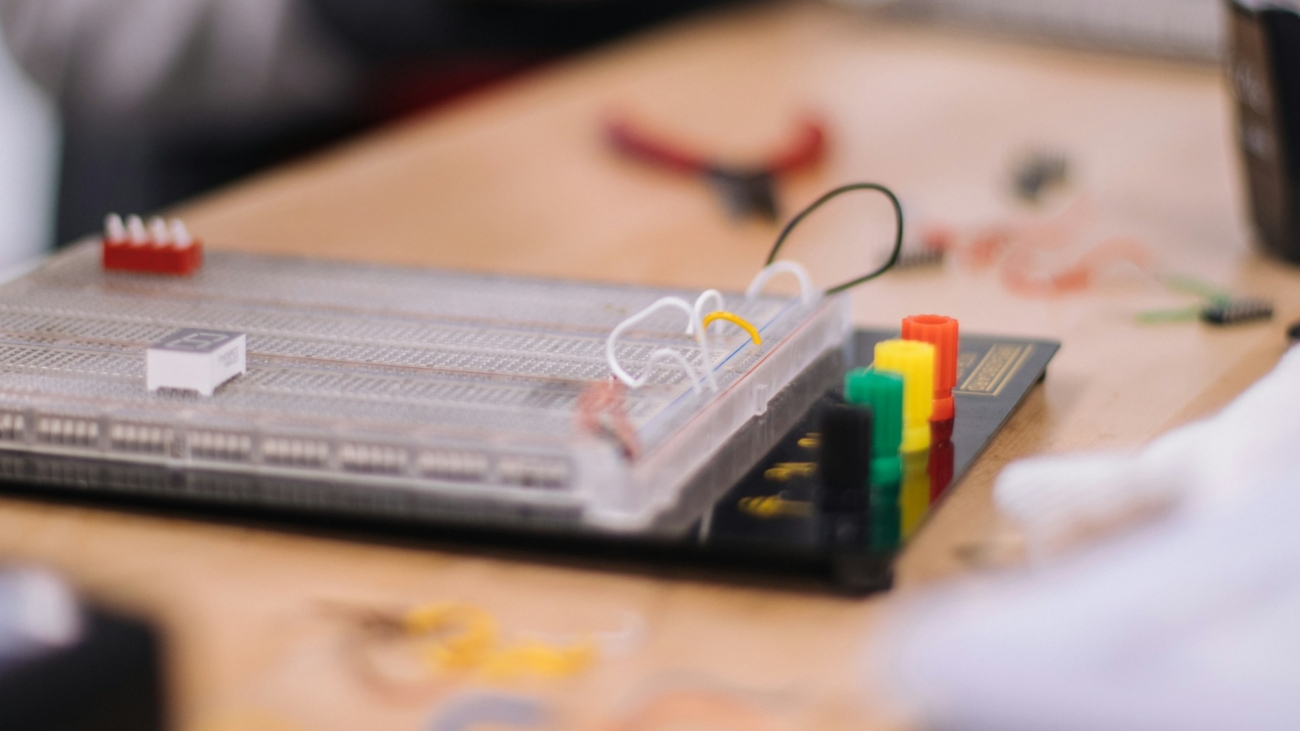As India continues to advance technologically and economically, the importance of a robust education system, particularly in the sciences, cannot be overstated. Physics, as a fundamental branch of science, underpins many technological advancements and plays a vital role in understanding the natural world. At the Class 12 level, providing opportunities for students to engage in original research under the guidance of mentors can significantly enhance their learning experience and prepare them for future academic and professional pursuits. This approach, which includes writing research papers and presenting at science fairs and conferences, is not just beneficial but essential for several reasons.
Fostering Critical Thinking and Problem-Solving Skills
Engaging in original research allows students to delve deep into specific topics, exploring concepts beyond the standard curriculum. This process helps develop critical thinking and problem-solving skills as students learn to design experiments, analyze data, and draw conclusions based on their findings. These skills are invaluable, not only in scientific endeavors but in any field that requires analytical and logical thinking.
Encouraging Creativity and Innovation
Research projects provide a platform for students to express creativity and innovation. By exploring new ideas and approaches, students can contribute to scientific knowledge in unique ways. This creative engagement fosters a sense of curiosity and a passion for discovery, which are crucial for scientific advancement and innovation.
Enhancing Understanding of Scientific Methodology
Hands-on research experience helps students understand the scientific method’s intricacies and rigor. They learn to formulate hypotheses, conduct experiments, and interpret results. This practical knowledge is essential for any aspiring scientist or engineer and provides a solid foundation for future studies in physics or related fields.
Building Communication Skills
Writing research papers and presenting findings at science fairs and conferences develop students’ communication skills. They learn to articulate their ideas clearly and concisely, both in written and oral forms. These skills are vital for academic success and professional careers, where effective communication of complex ideas is often required.
Exposure to Advanced Topics and Techniques
Through research projects, students are exposed to advanced topics and techniques that are not typically covered in the standard curriculum. This exposure can ignite a passion for specific areas of physics and inspire students to pursue further studies and careers in those fields. It also helps bridge the gap between theoretical knowledge and practical application.
Mentorship and Networking
Working under the guidance of mentors provides students with valuable insights and knowledge from experienced professionals. Mentorship can inspire and motivate students, offering guidance and support as they navigate their research projects. Additionally, participating in science fairs and conferences allows students to network with peers and professionals, building relationships that can be beneficial for future academic and career opportunities.
Preparing for Higher Education and Careers
Engaging in original research at the Class 12 level prepares students for the rigors of higher education. It gives them a competitive edge when applying to universities, as they have demonstrated their ability to conduct independent research and contribute to scientific knowledge. Furthermore, the skills and experiences gained through research projects are highly valued in various career paths, including academia, industry, and research institutions.
Contributing to National and Global Scientific Community
Encouraging students to participate in research projects contributes to the broader scientific community. Students can make meaningful contributions to scientific knowledge, and their work can potentially address local and global challenges. This participation also aligns with national goals of fostering scientific temper and innovation, essential for India’s progress and development.
Conclusion
Incorporating research opportunities into physics education at the Class 12 level in India is not merely an enhancement to the curriculum but a necessity for developing a skilled, innovative, and forward-thinking generation. By providing students with the tools and guidance to conduct original research, we can foster a deeper understanding of physics, nurture critical skills, and inspire the next wave of scientists, engineers, and innovators who will shape the future of our nation. The relevance of such initiatives extends beyond academic achievement, contributing to the personal growth of students and the scientific advancement of society as a whole.

